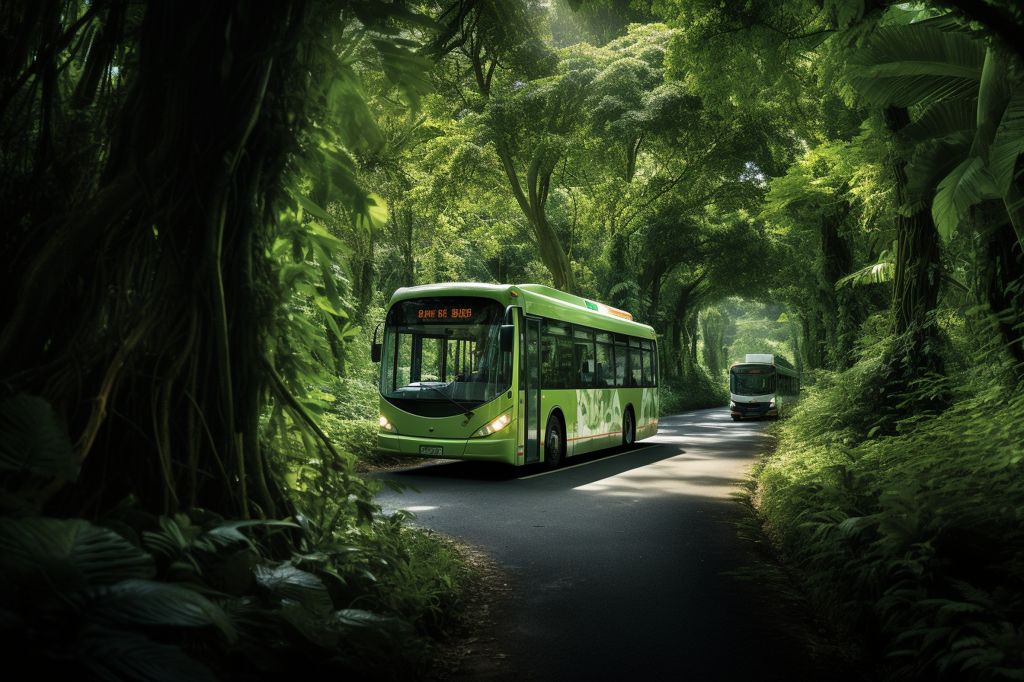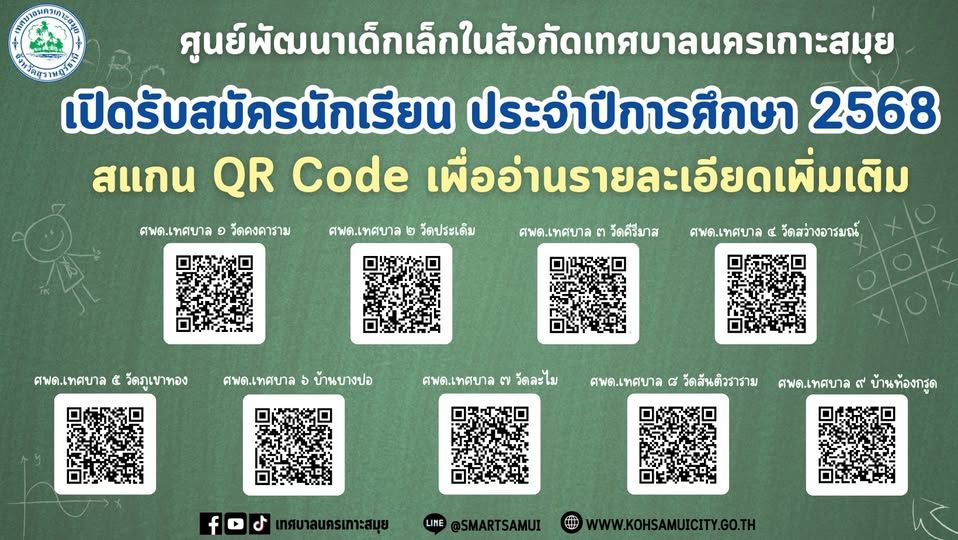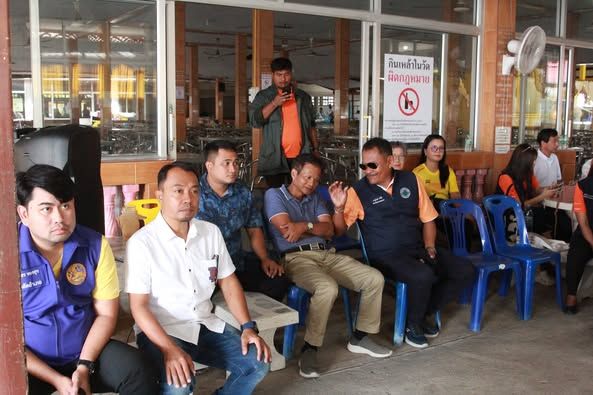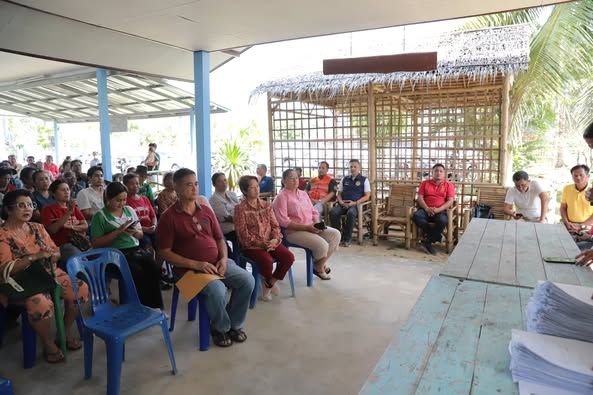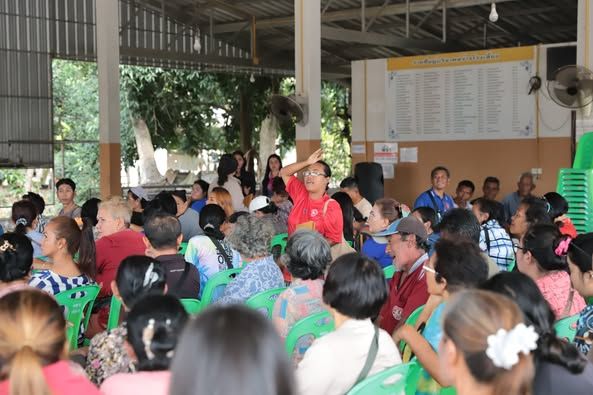Tackling Food Waste to Promote Eco-Tourism
Phuket, a popular island province in Thailand, is striving to become a low-carbon destination in order to encourage eco-tourism. The local government has been coordinating with state agencies and a sustainable development foundation to focus on managing food waste, which has detrimental effects on the environment.
Developing a Coordinated Food Waste Management Plan
Phuket governor Narong Woonciew emphasized the importance of creating a comprehensive food waste management plan that unifies the efforts of state agencies, private organizations, and civil society sectors to achieve maximum sustainability. By addressing the food waste issue, Phuket aims to further its commitment to eco-tourism.
Collaboration on Greenhouse Gas Reduction Initiatives
Wattanapong Suksai, director of the Phuket Provincial Natural Resources and Environment Office, revealed that the office has received support from an environmental fund to reduce greenhouse gas emissions and implement action plans to combat climate change. In addition, a working team chaired by the local government has been established to execute these plans on the ground.
Phuket’s initiatives involve collaboration with five sectors: energy, transport, waste management, agriculture, forestry, and industry. These sectors are working together to reduce the island’s greenhouse gas emissions.
Current Emissions and Future Projections
Data from 2019 shows that Phuket emitted 3.1 million tonnes of carbon dioxide per year. This figure is projected to increase to approximately 4.6 million tonnes by 2030. However, through successful carbon emission reduction efforts, Phuket aims to lower its greenhouse gas output to 440,000 tonnes per year by 2030.
Challenges and Solutions for Waste Management
According to the Environmental and Pollution Control Office 15, Phuket currently faces challenges in sorting rubbish, with food waste accounting for 50% of the total. Implementing proper waste separation methods would provide a cost-effective and climate-friendly solution to garbage disposal.
To address food waste, the Phuket Provincial Administrative Organisation (PAO) is collaborating with Phuket municipality. The PAO operates a composting facility and aims to establish a knowledge center for local residents to learn about proper waste management techniques.
Introducing a Platform for Residents and Businesses
A platform is being developed to enable residents and businesses to track the amount of excess food discarded by hotels, retail shops, and department stores. This information will help them determine how the excess food can be redistributed to vulnerable groups. The platform will also assist in calculating food waste levels, which is essential for creating effective disposal plans.
Funding is expected to be sought to promote Phuket as a role model province in addressing food waste, with the ultimate goal of achieving a low-carbon destination status.
Phuket PAO’s Composting Facility and Electric Buses
Thiwat Seedokbuab, vice-chair of the Phuket PAO, mentioned that the organization operates a composting facility in tambon Rassada and encourages residents to cooperate in managing food waste and spreading awareness. Furthermore, the PAO is currently drafting the terms of reference to procure electric buses as part of its ongoing sustainability efforts.
